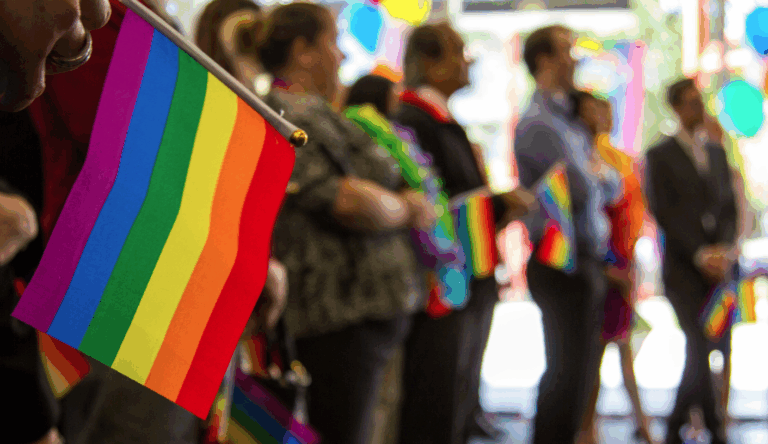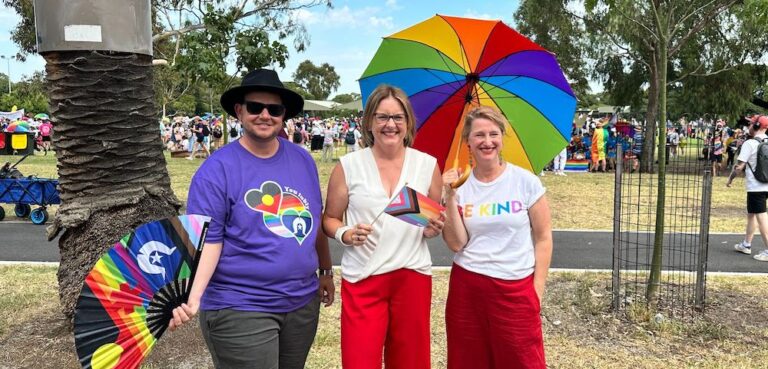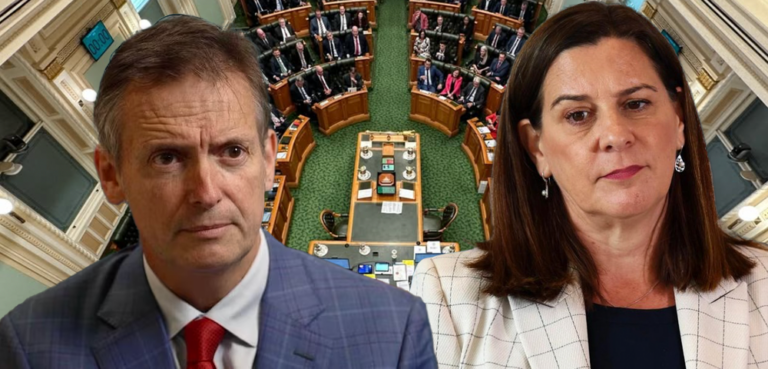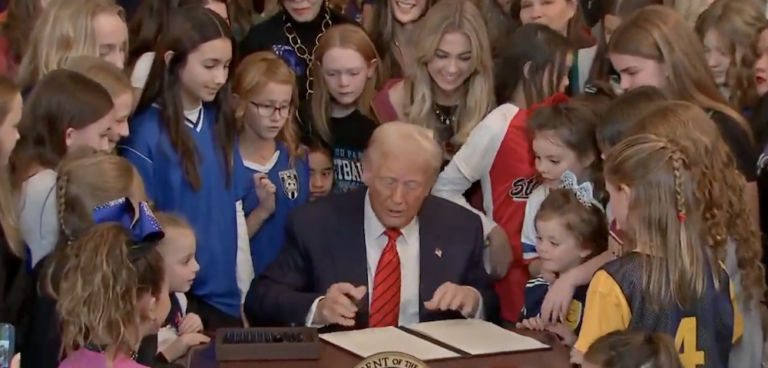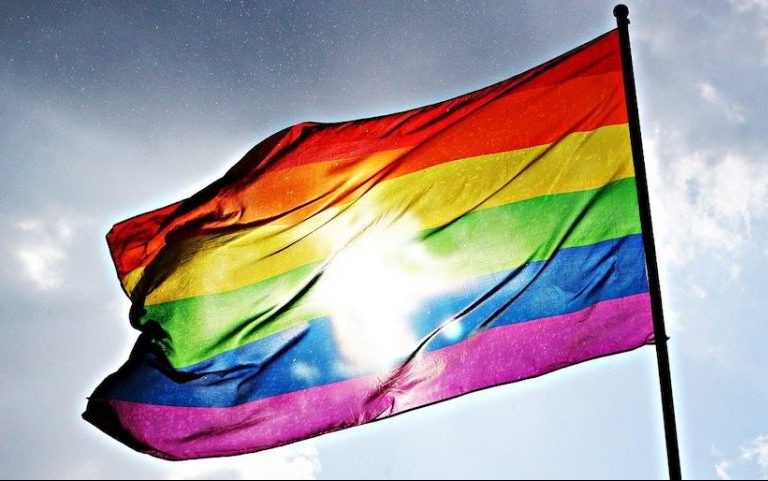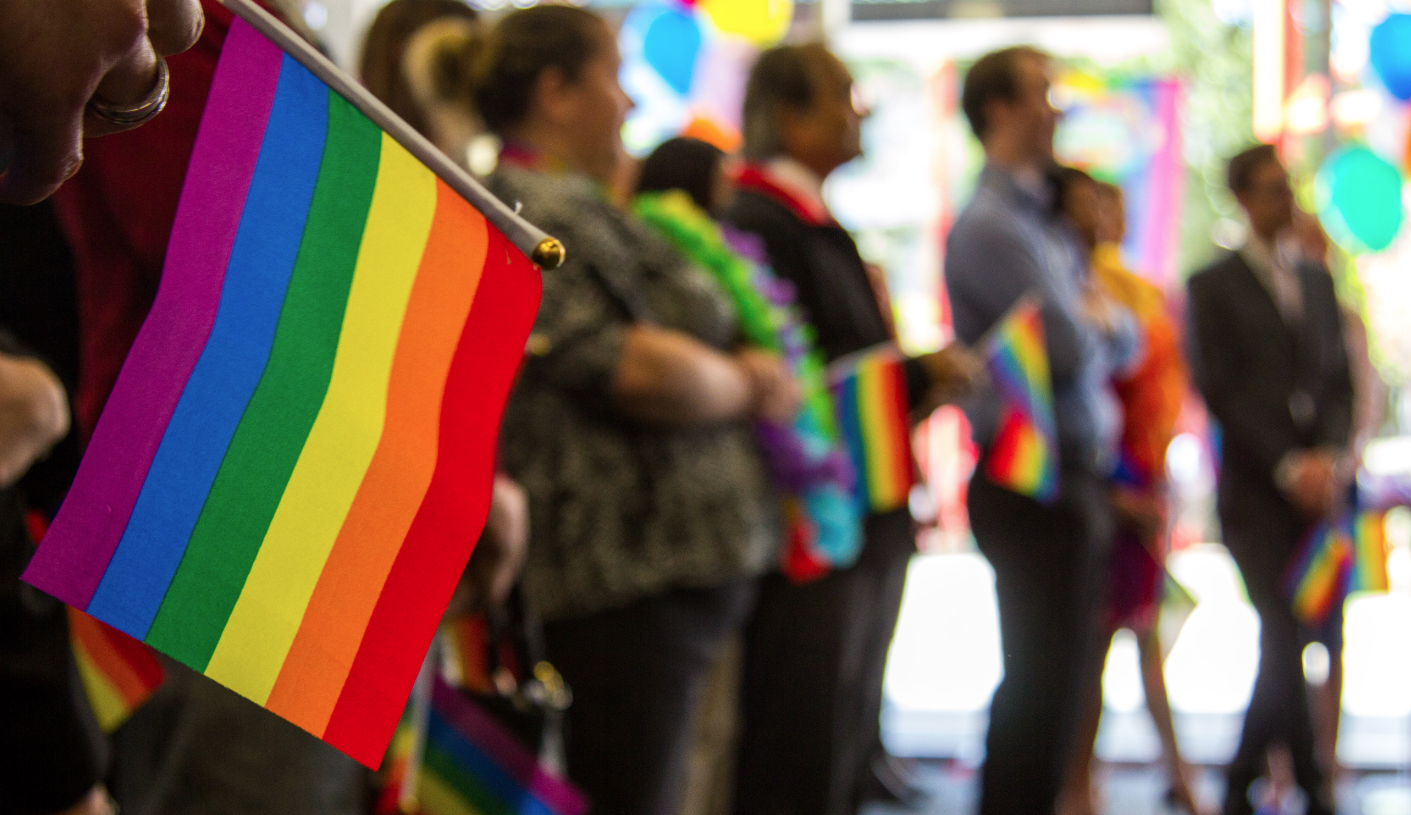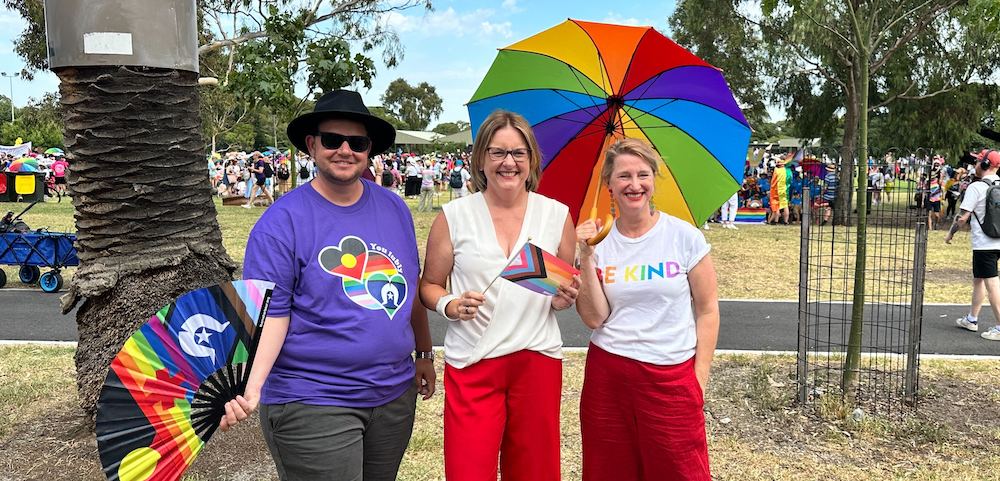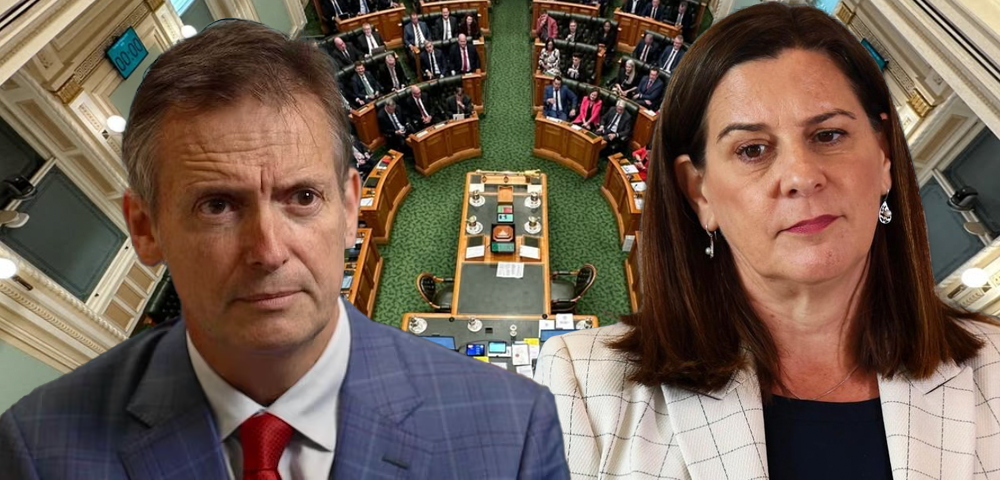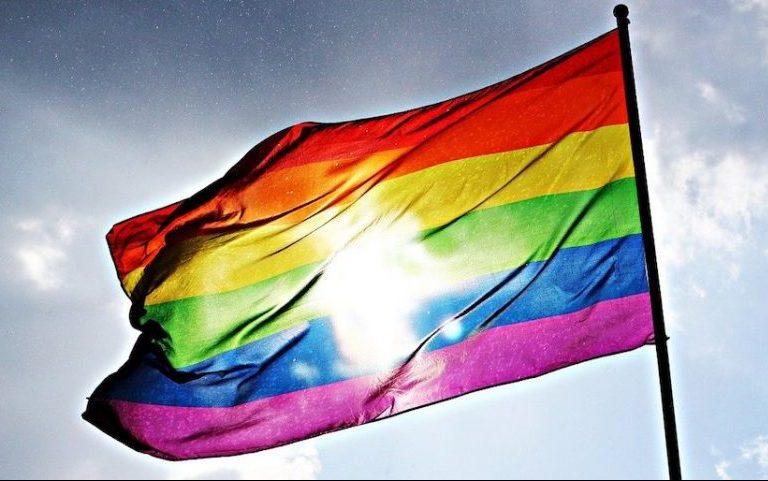
Addressing gender and sexuality in the workplace

On the 18th of February, The University of Melbourne brought together delegates from academic and professional backgrounds to discuss the intersection between sexuality and workplace.
The Conference featured a strong delegation of academics from 14 Australian universities along with international keynote speaker, Professor Lilia Cortina.
Twenty-four organisations from the public and private for-profit and not-for-profit sectors were also represented through presentations, partnerships, and sponsorship.
With recent political developments and the Federal Government continuing their push for introduction of the Religious Freedom Bills, the LGBTIQ is feeling even more confused and fearful about security within the workplace.
“There is a clear lack of research into the issues which are effecting the Queer community at work. There is a lot of good intention but not enough actual work being done,” said conference organiser Dr Victor Sojo.
“The conference has been organised to address this and two other things in particular: firstly, the quality of engaged research; and secondly, knowledge translation.
“There is a fair amount of knowledge that we already have that is not reaching the people that can really benefit from it. There has been a lot of basic research in this area, which has been presented here today, that can directly and positively implicate the development of policy and practices in organisations with LGBTIQ individuals and community”
In academia, there is a stronger need for multidisciplinary and intersectional approaches to gender and sexuality, while in the community, individuals continue to seek out ways in which to enhance their responsiveness and approach to gender, sexual orientation, and sexual characteristics at work.
Across both sectors, more efforts are required to build bridges and guarantee ways to effectively translate into better theories, methods, and applications.
“There are many ways we can bridge this divide,” Victor Sojo concludes.
“Some of it is about making sure the academics have the space to go and talk to people in the community and finding out how we can translate this knowledge into clear practice. We need to find the right words to communicate our ideas which are clearly useful to the queer community.”
